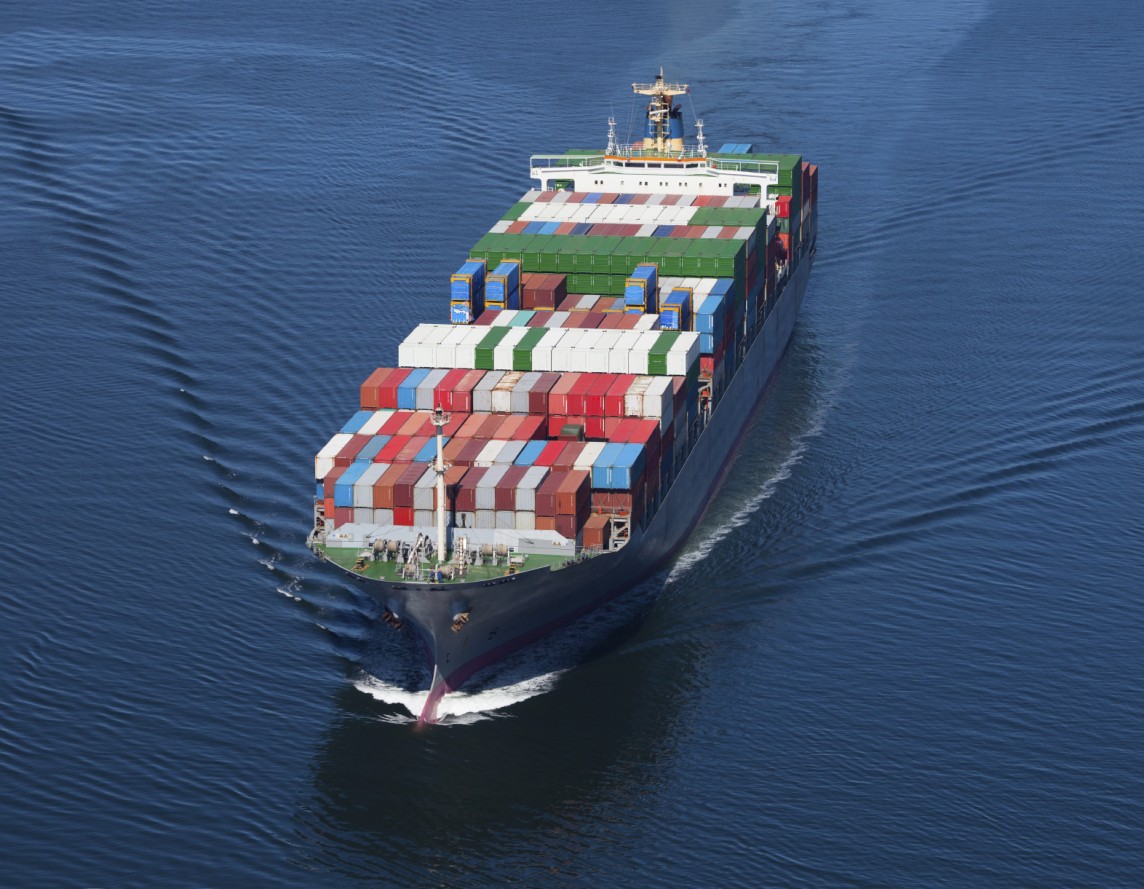Last Friday, a federal judge granted Hanjin temporary protection from vessel arrest and asset liens. A U.S. bankruptcy court in Newark, NJ is scheduled to rule this Friday, when the temporary protection order expires, whether to extend Chapter 15 privileges which protect Hanjin assets from seizure and ships from arrest.
There are currently five Hanjin ships now stranded off U.S. coasts. Three are located outside Los Angeles-Long Beach (LA/LB), one is outside of Savannah, and another is waiting to call the port of New York-New Jersey (NY/NJ). When the vessels eventually berth, importers will find stark differences in how much they have to pay to get containers released. The different approaches are already evident in how ports are handling stranded import containers. See below for information by port complex and other information regarding the impact to U.S. exports and equipment:
LA/LB and NY/NJ
In Los Angeles-Long Beach and New York-New Jersey, which are landlord ports, the private-sector terminal operators decide if they will allow a vessel to dock at their facility and how and when to release laden import containers. In most cases, they are demanding that beneficial cargo owners pay them up front for cargo-delivery charges before they agree to release the containers to truckers.
The Port of Long Beach reported Wednesday that Total Terminals International (TTI), which is jointly owned by Hanjin and Terminal Investment Ltd., reopened for delivery of imported containers to truckers, as long as the beneficial cargo owners paid the terminal delivery charges up front, but no vessels were docked at TTI. The port could not say why the terminal was refusing to accept Hanjin ships.
U.S. marshals have seized the Hanjin Montevideo at Long Beach at the behest of fuel suppliers owed nearly $800,000, according to local media. The Hanjin Greece, which had been anchored outside the Los Angeles-Long Beach port complex earlier in the week, is now in Mexican waters to use reserve fuel not allowed in U.S. emissions control areas that mandate low fuel sulfur content.
Hanjin had three vessels at anchor or floating off the Southern California coast on Wednesday, but the vessels did not dock at TTI in Long Beach or at any terminal in Los Angeles-Long Beach. The Southern California terminals reportedly were awaiting a final ruling from the New Jersey bankruptcy court on Friday before taking on the expense of working the vessels.
Savannah
In Savannah, by contrast, the operating port manages the marine terminal, and the Georgia Ports Authority is not charging Beneficial Cargo Owners (BCOs) to release Hanjin containers. It also isn’t charging demurrage on exports that were slated to sail on Hanjin. The Georgia Ports Authority noted that it is not consignees of Hanjin cargo at fault for the Korean line’s plight.
Charleston
To the north, the South Carolina Ports Authority (SCPA) has waived the non-vessel delivery fee for export loads out-gated. At the Port of Charleston, an operating port, import loads discharged on or after Sept. 1 will be placed on hold until such time as all SCPA charges are settled. The SCPA will collect all port and throughput charges totaling $350 per container from the BCO/responsible party with authorization required from Hanjin.
Prince Rupert, Canada
The only North American port to actually work a Hanjin vessel on Wednesday was Prince Rupert, British Columbia. The Canadian port began discharging containers from a Hanjin vessel on Wednesday. The Hanjin Scarlet had been anchored off the coast since Hanjin filed for bankruptcy protection last week.
U.S. Exports
Most U.S. terminals are refusing to load Hanjin export containers onto vessels. The terminals will release the export containers to truckers, once again if the BCO pays the terminal delivery fee upfront. The BCOs then have the Hanjin containers trucked to their warehouse where the contents are transloaded into containers belonging to other shipping lines, and those containers are then delivered to the terminals where those lines call.
Containers
Truckers at ports such as Los Angeles-Long Beach and New York-New Jersey are bracing for fees that terminal operators are charging for demurrage, which is the cost of storing containers on a terminal after free time has expired, and detention or per-diem fees, which are charged for the late return of containers to the terminals after they have been unloaded at BCO warehouses. Some truckers and BCOs claimed that unusually large demurrage fees were being levied by the Maher terminal in New Jersey.
Chassis
Another residual impact of the Hanjin bankruptcy is the impact it is having on chassis availability, especially in Southern California. Fred Johring, chairman of the Harbor Trucking Association, said thousands of empty Hanjin containers are sitting on chassis at warehouses and parked on streets throughout the region, in effect taking those chassis out of service because terminals are refusing to accept empty containers at their facilities. This number represents almost 10 percent of the total chassis pool in Los Angeles-Long Beach, aggravating a chassis shortage that already exists during the peak-shipping season, Johring said.
For guidance and with regard to your shipments, please stay close to our operations and pricing teams. Please understand that the first available space option is most likely the best one.
AMR Group is diligently working to find alternative shipping solutions to these issues, and we will continue to monitor the market and provide updates to you accordingly.

